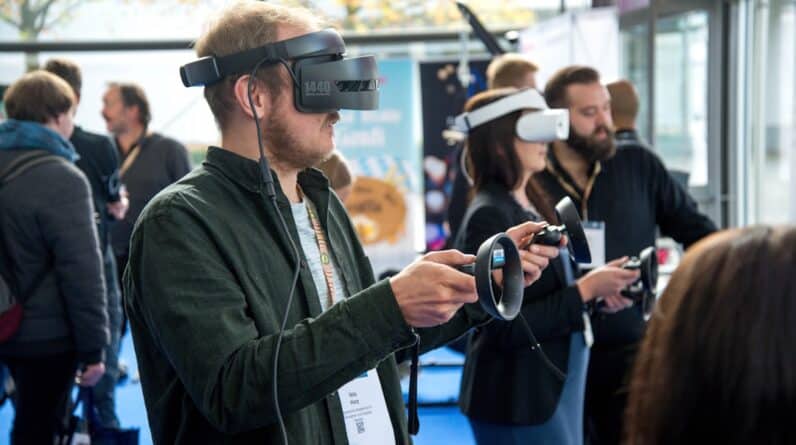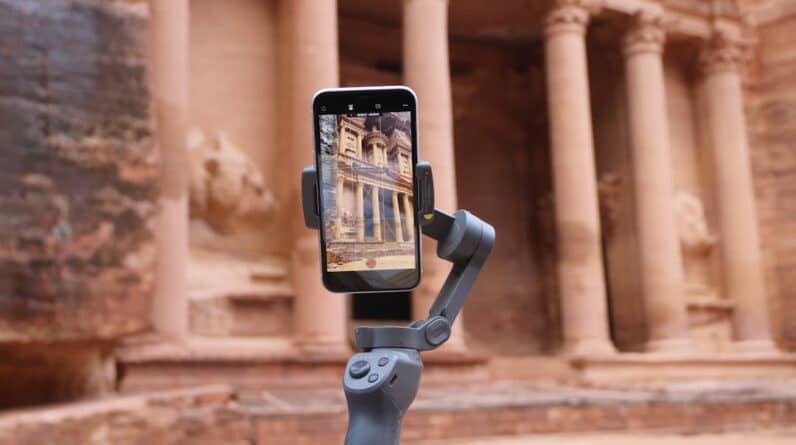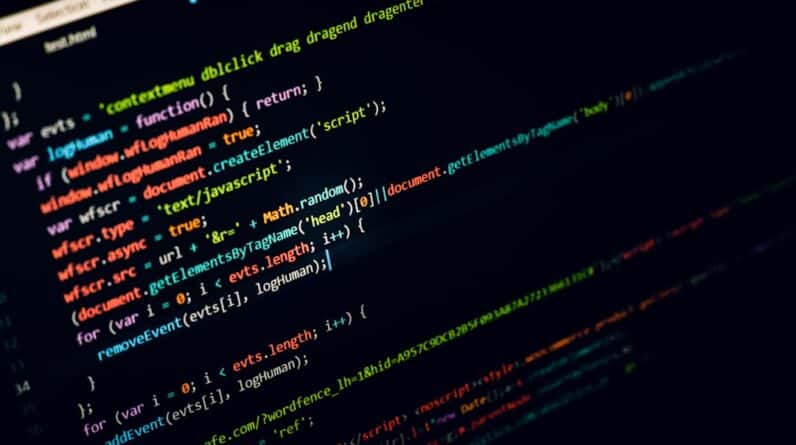As you delve into the world of music, you may have noticed a significant transformation taking place, driven by the rapid advancements in artificial intelligence (AI). The music industry, once dominated by human creativity and traditional methods, is now embracing technology in ways that were once unimaginable. AI is not merely a tool; it has become an integral part of the music ecosystem, influencing everything from composition to distribution.
This evolution raises intriguing questions about the future of music and the role of human artists in a landscape increasingly shaped by algorithms and machine learning. The integration of AI into music is not just a passing trend; it represents a fundamental shift in how music is created, shared, and consumed. As you explore this dynamic intersection of technology and artistry, you will discover how AI is reshaping the industry, offering new opportunities for musicians and listeners alike.
From generating melodies to personalizing playlists, AI is redefining the boundaries of creativity and challenging traditional notions of authorship and originality. In this article, you will gain insights into the multifaceted role of AI in the music industry and its implications for the future.
Key Takeaways
- AI is revolutionizing the music industry by transforming the way music is created, distributed, marketed, and consumed.
- AI is playing a significant role in music composition and production, enabling artists to explore new creative possibilities and streamline the production process.
- AI is reshaping music distribution and recommendation by personalizing music experiences for listeners and helping artists reach their target audience more effectively.
- AI is influencing music marketing and promotion by providing data-driven insights and innovative tools for engaging with fans and promoting music.
- The ethical and legal implications of AI in the music industry are complex and require careful consideration to ensure fair compensation for artists and respect for copyright laws.
AI’s Role in Music Composition and Production
AI-Generated Melodies and Harmonies
Platforms like OpenAI’s MuseNet and Google’s Magenta project utilize deep learning techniques to generate original melodies and harmonies. These tools allow musicians to experiment with different styles and genres, expanding their creative horizons in ways that were previously limited by human capabilities.
Revolutionizing Music Production
AI is also revolutionizing the production process itself. Software that uses machine learning can assist in mixing and mastering tracks, optimizing sound quality with precision. This technology not only streamlines the production workflow but also democratizes access to high-quality music production tools.
Empowering Independent Artists
Independent artists can now produce professional-sounding tracks without the need for expensive studio time or extensive technical knowledge. As you explore these advancements, you will see how AI is empowering musicians to bring their visions to life more efficiently than ever before.
The Impact of AI on Music Distribution and Recommendation
As you navigate the digital landscape of music consumption, you will notice that AI plays a crucial role in how music is distributed and recommended to listeners. Streaming platforms like Spotify and Apple Music leverage sophisticated algorithms to analyze your listening habits and preferences, curating personalized playlists that cater to your tastes. This level of customization enhances your experience as a listener, making it easier for you to discover new artists and genres that resonate with you.
However, this reliance on AI-driven recommendations also raises questions about the implications for artists. While these algorithms can help emerging musicians gain visibility, they can also create challenges in terms of competition and exposure. You may find yourself wondering how an artist can stand out in a sea of content when algorithms dictate what you hear.
The balance between algorithmic curation and human discovery is a delicate one, as both play vital roles in shaping your musical journey.
AI’s Influence on Music Marketing and Promotion
In the realm of music marketing, AI is transforming how artists promote their work and connect with audiences. You might be intrigued by how data analytics can provide insights into listener demographics, engagement patterns, and social media trends. This information allows artists and labels to tailor their marketing strategies more effectively, targeting specific audiences with precision.
For instance, AI tools can analyze social media interactions to identify potential fan bases, enabling artists to engage with their followers in meaningful ways. Additionally, AI-driven chatbots and virtual assistants are becoming increasingly common in music promotion. You may have encountered chatbots that interact with fans on social media platforms or websites, providing information about upcoming releases or concert dates.
This level of engagement not only enhances your experience as a fan but also allows artists to maintain a direct connection with their audience. As you explore these innovative marketing strategies, you will see how AI is reshaping the landscape of music promotion, making it more interactive and personalized.
The Ethical and Legal Implications of AI in the Music Industry
As you consider the integration of AI into the music industry, it is essential to address the ethical and legal implications that arise from this technological evolution. One significant concern revolves around authorship and copyright issues. When an AI system generates a piece of music, questions arise about who owns the rights to that creation.
Is it the programmer who developed the algorithm, the artist who collaborated with the AI, or the machine itself? These complex legal dilemmas challenge traditional notions of intellectual property and require new frameworks to address them. Moreover, there are ethical considerations regarding the potential for bias in AI algorithms.
You may be aware that algorithms are only as good as the data they are trained on. If an AI system is trained on a limited dataset that reflects certain cultural biases, it may inadvertently perpetuate those biases in its output. This raises concerns about representation and diversity within the music industry.
As you reflect on these issues, it becomes clear that navigating the ethical landscape of AI in music requires careful consideration and collaboration among artists, technologists, and legal experts.
The Future of AI in Music Creation and Consumption
Revolutionizing Live Music
Imagine an AI system that adapts to an artist’s style on stage, creating unique soundscapes that enhance the overall experience for both performers and audiences. This level of interactivity could redefine live music as we know it, opening up new possibilities for creative expression and audience engagement.
Immersive Music Experiences
As technology continues to evolve, we can anticipate advancements in virtual reality (VR) and augmented reality (AR) experiences that incorporate AI-driven elements. These immersive environments could allow us to engage with music in entirely new ways, blurring the lines between creator and consumer.
Rethinking the Boundaries of Music
As we consider these possibilities, it becomes clear that the future of AI in music is not just about enhancing existing practices but also about reimagining what music can be. The potential for AI to transform the music industry is vast, and it will be exciting to see how it unfolds.
Case Studies of Successful AI Integration in the Music Industry
To illustrate the impact of AI on the music industry, consider some notable case studies that highlight successful integration of this technology. One prominent example is the collaboration between musician Taryn Southern and an AI program called Amper Music. Southern utilized Amper to co-create her album “I AM AI,” showcasing how artists can leverage AI as a creative partner rather than a replacement.
This project not only garnered attention for its innovative approach but also sparked discussions about the evolving relationship between humans and machines in artistic endeavors. Another compelling case is Sony’s Flow Machines project, which aims to assist composers by generating musical ideas based on user input. The project gained recognition when it produced “Daddy’s Car,” a song inspired by The Beatles’ style.
This experiment demonstrated how AI could serve as a source of inspiration for human composers while raising questions about originality and creativity in music creation. As you explore these case studies, you will see how artists are embracing AI as a tool for innovation rather than viewing it as a threat.
The Continued Evolution of AI in the Music Industry
In conclusion, your journey through the intersection of AI and the music industry reveals a landscape rich with potential and challenges. As technology continues to advance, you will witness ongoing transformations in how music is composed, distributed, marketed, and consumed. While AI offers exciting opportunities for creativity and personalization, it also raises important ethical questions that must be addressed as we move forward.
The continued evolution of AI in music invites you to consider your role as both a listener and a participant in this dynamic ecosystem. Embracing these changes can lead to new forms of artistic expression and engagement that enrich your musical experience. As you reflect on the future of music shaped by artificial intelligence, remember that at its core lies the enduring human spirit—a spirit that will always seek connection through sound, regardless of the tools used to create it.
There is an interesting article on the pros and cons of AI that delves into the various advantages and disadvantages of artificial intelligence in different industries, including the music industry. This article provides a comprehensive overview of how AI can revolutionize the music industry while also highlighting some potential drawbacks to be aware of. It is a valuable resource for understanding the broader implications of AI technology in the music business.
FAQs
What is AI?
AI, or artificial intelligence, refers to the simulation of human intelligence processes by machines, especially computer systems. These processes include learning, reasoning, and self-correction.
How does AI impact the music industry?
AI has had a significant impact on the music industry, particularly in the areas of music composition, production, recommendation systems, and marketing. AI technology has enabled the creation of new music compositions, improved the efficiency of music production, and enhanced personalized music recommendations for listeners.
How is AI used in music composition?
AI is used in music composition to generate new musical pieces by analyzing existing music data and patterns. AI algorithms can create original compositions based on specific styles, genres, or moods, and can also assist human composers in the creative process.
How does AI improve music production?
AI improves music production by automating certain tasks, such as audio mixing and mastering, and by providing tools for sound analysis and manipulation. This can result in more efficient and cost-effective music production processes.
How does AI enhance music recommendation systems?
AI enhances music recommendation systems by analyzing user preferences, listening habits, and music characteristics to provide personalized recommendations. This can help music streaming platforms deliver more relevant content to their users and improve the overall listening experience.
How does AI impact music marketing?
AI impacts music marketing by enabling targeted advertising, audience segmentation, and predictive analytics. AI algorithms can analyze large amounts of data to identify potential fans, optimize marketing campaigns, and predict trends in the music industry.






